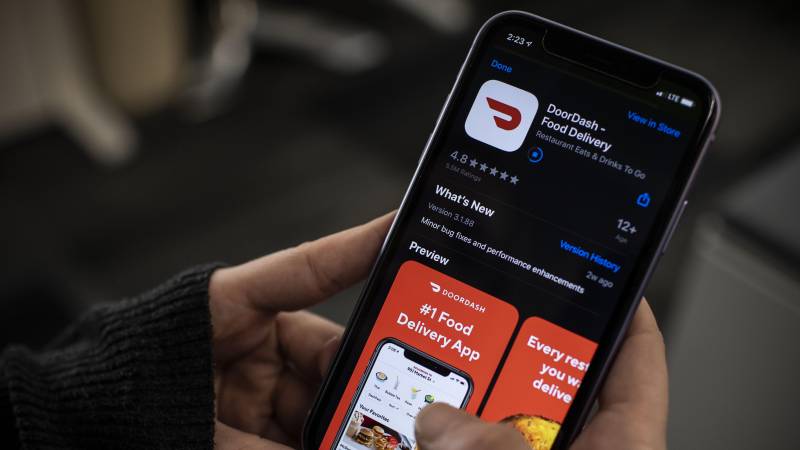DoorDash is launching lower-priced delivery options for U.S. restaurants, responding to criticism that the commissions it charges are too high for the beleaguered industry.
The company said Tuesday it will offer a new basic plan that will charge restaurants 15% per order for delivery, or around half the cost of previous plans. That plan will limit the delivery area and shift more delivery costs to customers — they might pay $4.99 instead of $2.99, for example.
Restaurants can pay more — commissions of 25% or 30% — for other plans if they want a larger delivery area, more visibility in DoorDash’s app or lower customer delivery fees.
DoorDash said local restaurants and chains with less than 75 locations are eligible for the new rates. The company wouldn’t say how many of its partner restaurants meet that criteria. But DoorDash delivers from nearly 400,000 restaurants using a network of 1 million freelance drivers, or gig workers.
Even before the pandemic, DoorDash, Grubhub and other delivery companies had a rocky relationship with restaurants, who criticized their high fees, lack of transparency and sometimes spotty service. That relationship was further tested by the pandemic, which closed dining rooms, greatly expanded customer demand for delivery and forced many restaurants to shift to carryout and delivery to survive.

